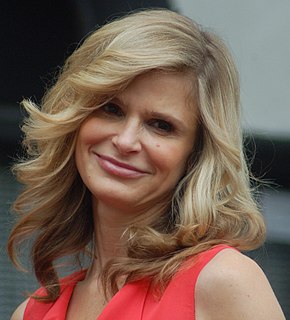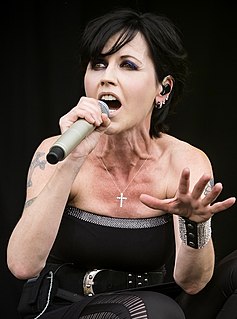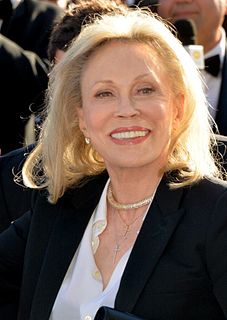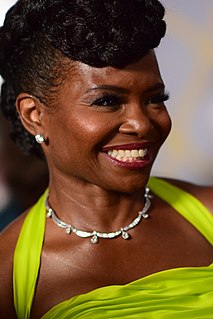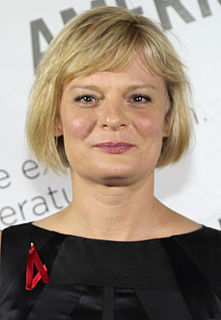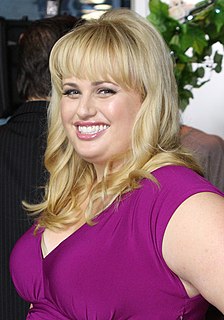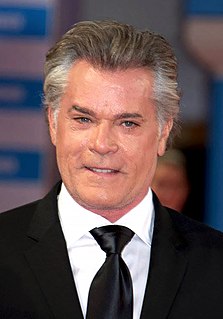A Quote by Kyra Sedgwick
Some of the best roles are for women in these independent, smaller movies.
Related Quotes
I am in no position to judge other women, you know. But I mean, why did she get pregnant? It's not good for women to go through the procedure of abortion and have something living sucked out of their bodies. It belittles women. Even though some women say, 'Oh, I don't mind to have one,' every time a woman has an abortion, it just crushes her self-esteem smaller and smaller and smaller.
If you just look at the number of roles for women versus the number of roles for men in any given film, there are always far more roles for men. That's always been true. When I went to college, I went to Julliard. At that time - and I don't know if this is still true - they always selected fewer women than men for the program, because there were so few roles for women in plays. That was sort of acknowledgment for me of the fact that writers write more roles for men than they do for women.
For a long time, way back in the ’30s and ’40s, there were fabulous female roles. Bette Davis and all those people had incredible, great roles. After World War II, something happened where it was not only "get out of the factories," but "get out of the movies." That's when women's roles started to really [change].
